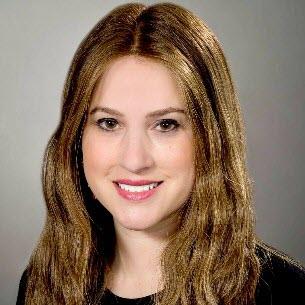The clinic plays an essential role in resident and fellow education. Seeing patients with cancer in the outpatient setting for scheduled consultations affords trainees the opportunity to practice counseling patients and integrating knowledge to formulate a patient-centered treatment plan. What is the best way to organize an attending- and trainee-run clinic? I recently had the privilege to meet Dr. Barbara Fowble, a celebrated radiation oncologist at University of California San Francisco, when she visited Memorial Sloan Kettering Cancer Center and presented grand rounds. During lunchtime with the residents, we asked Dr. Fowble how she structures her clinic in regards to resident education.
The Common Clinic Structure
A radiation oncology consultation differs in regards to a consultation in another medical field because the patient’s work-up is usually complete at that time. Often, the patient has already concluded a significant portion of their planned cancer treatment. Residents can check the clinic schedule many days in advance. Therefore, the common expectation is that the resident prepares the patient’s history and a radiation therapy recommendation at least a day before the patient arrives, in the form of written notes. When the patient arrives, the resident will often see the patient first and then discuss the case with the attending. After formulating a recommendation, the attending and resident return to see the patient and finalize the plan.
An Education-Focused Approach
Dr. Fowble structures her clinic in a radically different way. She asks the resident working with her to submit their written notes on the upcoming patient consultations a few days in advance. She also requests the resident write a formal assessment and plan for each patient, incorporating relevant research and citations. In this way, the trainee and attending discuss the case before the patient arrives to clinic. Dr. Fowble teaches the resident how to integrate knowledge and research to each patient’s specific case. A major advantage to this approach is that this discussion is not hurried, because the patient isn’t waiting while this conversation is conducted. When the patient actually comes for their consultation, Dr. Fowble and the resident see the patient together and no time is wasted. Dr. Fowble leads the discussion with the patient and the resident listens and learns. At the end of the rotation, the resident takes over and conducts the consultation and discussion independently. At that time, the patient is asked to formally evaluate the trainee, which demonstrates what the resident learned over the course of the rotation.
The Future of Medical Education
Dr. Fowble’s approach to maximizing medical education and patient care is unique. There truly are innovative solutions to the many issues in medical education; some resolutions have not yet been developed and others not yet widely adopted. We must create an environment where change is not accepted begrudgingly but instead celebrated and embraced.
How is clinic structured in your hospital? How can it be improved?


Recent posts